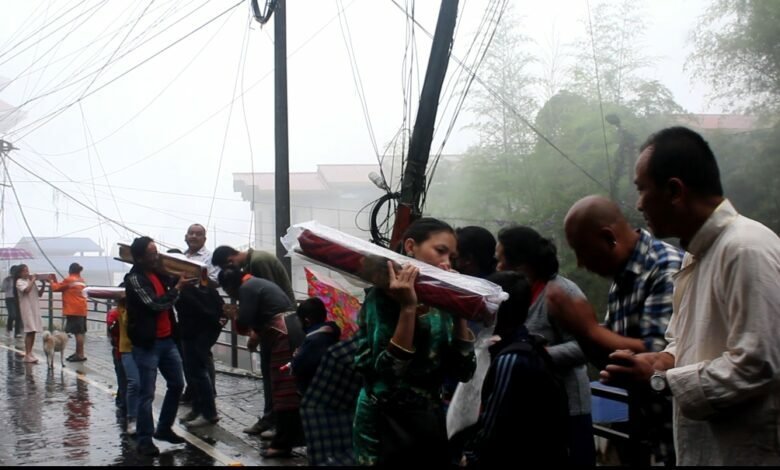Buddhists worldwide are immersed in the festivities of Saga Dawa, a significant and cherished festival that honors the birth, enlightenment,. Celebrated on the full moon day of the fourth Tibetan month, which typically falls in late May or early June, this festival holds great spiritual importance for followers of Buddhism.
Saga Dawa, meaning “Fourth Month” in Tibetan, serves as a time of deep reflection, religious rituals, and acts of generosity for Buddhists across the globe. Throughout the festival, devotees engage in various religious activities to express their devotion and seek blessings.
One notable event during Saga Dawa is the raising of a towering flagpole adorned with a sizable vertical banner bearing sacred Buddhist symbols. This ritual takes place near Mount Kailash at the Tarboche Flagpole in Tibet. Each year, the flagpole is replaced, and the act is believed to bestow blessings and good fortune upon the community.
Acts of generosity and compassion, known as “Dana,” form an integral part of the festival. Buddhists embrace this practice by extending kindness to those in need, offering food to monks and nuns, and making donations to Buddhist organizations. These acts symbolize the teachings of Buddha on selflessness and the importance of helping others.
Saga Dawa also provides a profound opportunity for Buddhists to delve into self-reflection and deepen their spiritual growth. The festival encourages meditative practices and contemplation on the transient nature of existence and the impermanence of all things. It is a time for individuals to reconnect with the core tenets of Buddhism and seek personal enlightenment.
The significance of Saga Dawa extends beyond geographical borders, with Buddhists from diverse backgrounds joining in the celebration. The festival fosters a sense of unity and communal harmony among followers of Buddhism, regardless of their cultural or regional differences.
As Saga Dawa unfolds, Buddhists around the world come together to honor the life and teachings of Buddha. This special time offers a chance for spiritual rejuvenation, acts of compassion, and a renewed commitment to Buddhist principles. Through their participation in this festival, devotees seek to cultivate greater awareness, compassion, and understanding in their lives and communities.
By Pema Gyalpo Moktan

